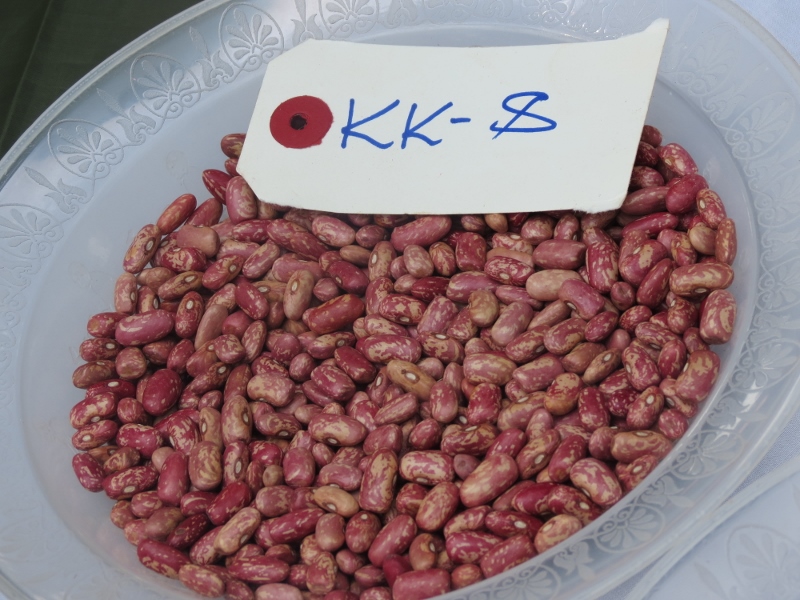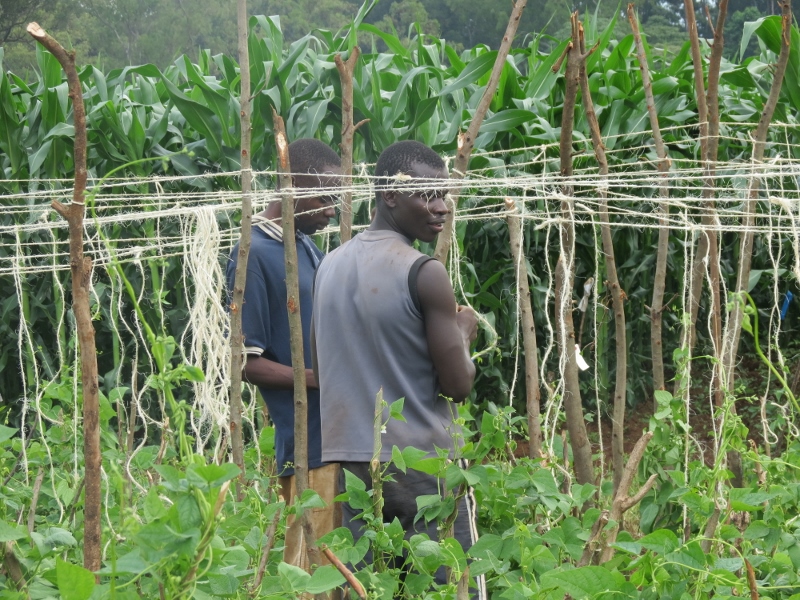The catalyst for change came from catastrophe in Kenya, when farmers in the western part of the country lost their maize harvest to disease in 2012.
At that time, Jacinta Majimbo, a bean farmer from Bungoma district in Western Kenya, could never be sure what her harvest might yield. Without access to quality seed, she often ended up with plants that only had a few pods.Then she discovered bean KK-8. This large red mottled bean is now available in clear packaging with labelled credentials. She knows exactly what she’s buying: an early-maturing seed that’s resistant to root rot; cooks quickly and is high-yielding.For Jacinta, the advantages of harvesting an additional 35 kilograms of beans each season are obvious. “It provides more food, and I can sell some to pay for school fees and other expenses,” she says. “KK-8 has made a big difference.” Yet until a few years ago, she had never heard of it – or been able to find it at the market.

Tapping the emerging market
Bubayi, One Acre Fund and the Kenyan Agriculture and Livestock Research Organization formed a public-private partnership, supported by the Syngenta Foundation for Sustainable Agriculture, to make KK-8 and other improved beans available to farmers. Led by KALRO, in partnership with CIAT through the Pan-Africa Bean Research Alliance, it brought together seed companies, individual seed entrepreneurs, bean traders and processors in Kenya.
As explains CIAT’s Jean-Claude Rubyogo, a seed systems specialist and member of the PABRA network:
“The private sector has the infrastructure and investment to really increase bean production. Through partnerships, we’ve seen a dramatic increase in seed availability and accessibility across Africa.”
“The partnerships have transformed bean markets in Rwanda, Burundi and Kenya – successes which can be replicated in other countries.”
George Osure
Regional Director, Syngenta Foundation in East Africa

